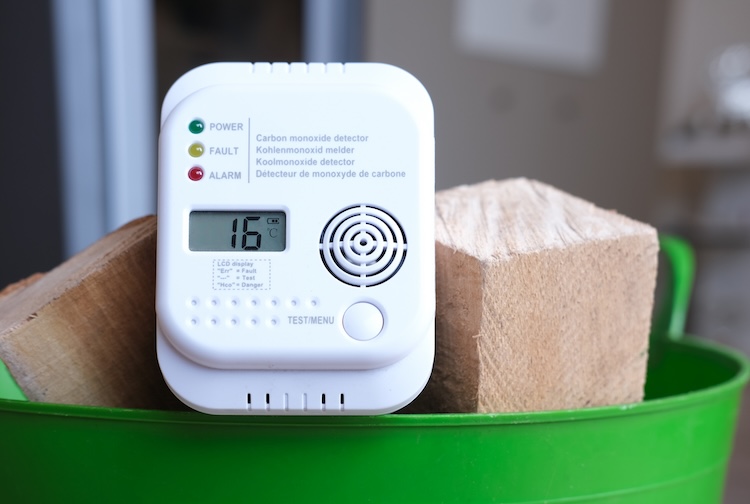
Is napping good for you? If you do it the right way, VCU researcher says
Psychology professor Natalie Dautovich offers insight on the midday pick-me-up you might have left in childhood.
July 02, 2024 Napping can have wide-ranging benefits, as long as you do it right. (Getty Images)
Napping can have wide-ranging benefits, as long as you do it right. (Getty Images)
By Sian Wilkerson
For a typical American toddler, naps are a much-despised part of the prescribed daily routine. As we age, though, naps become rarer – yet more desirable – with each new stage of life.
“Napping is practiced differently in different cultures all around the world,” said Natalie Dautovich, Ph.D., associate professor in the Department of Psychology in Virginia Commonwealth University’s College of Humanities and Sciences. “In North America, napping may be less commonly practiced by adults, [but] napping is a common and valued practice in many other areas of the world.”
So, are naps actually good for you – and if so, can you get too much of a good thing?
Dautovich is an environmental fellow at the National Sleep Foundation. In her Chronopsychology: Daily Life Research Lab, she examines daily processes, including sleep, that anchor well-being across adulthood. She spoke with VCU Health News about napping the right way.
Are naps good for you? Are there any downsides to napping?
Napping can have benefits for energy, cognitive functioning and creativity in the short term. Furthermore, napping can be a short-term solution to help improve alertness when individuals are not getting sufficient sleep at night. But the downside to napping is that it can interfere with sleep at night, and you may feel groggier upon awakening.
How can I establish a healthy napping routine?
Napping can be a learned behavior. If you do it consistently, your body can anticipate the nap and learn to fall asleep quickly. A trial-and-error approach can help many individuals determine whether napping is a useful behavior for themselves.
The challenge with napping is finding the right duration and time of day. Naps can happen anywhere that is safe and comfortable. However, aim for midafternoon: There is naturally circadian dip in alertness, yet there is plenty of time to build up the drive to sleep before bed.
Schedule permitting, beginning with a brief afternoon nap of 20 minutes or less, several days a week, can be helpful to assess if napping improves mood or functioning or interferes with nocturnal sleep, and to give your body time to develop a napping routine. To protect night sleep, avoid late-day naps or napping for too long.
You say ‘too long.’ What is an ideal amount of time to nap?
A short nap – less than 20 minutes – in the afternoon can help you feel recharged. A longer nap, between 60 and 90 minutes, may provide more restorative sleep, but it might interfere with sleep at night. And a moderate nap, between 20 and 60 minutes, can cause sleep inertia, which manifests as feeling groggy or a poor mood.
The cause of the grogginess is that with a medium-length nap, you’re more likely to wake during one of your deeper sleep stages. By napping for shorter or longer periods of time, you are more likely to have either not entered deep sleep or have emerged from deep sleep into a lighter stage of sleep.
Can you nap too much?
You can nap too much if you find that it interferes with your sleep at night. Sleeping too much during the day or too close to nighttime sleep (e.g., napping in the late afternoon or evening) can interfere with your drive to sleep. As a result, you might have difficulty falling asleep, or your sleep may not be as deep.Also, greater daytime sleepiness is symptomatic of many health conditions, and napping along with excessive daytime sleepiness may be an indicator of an underlying medical condition.



